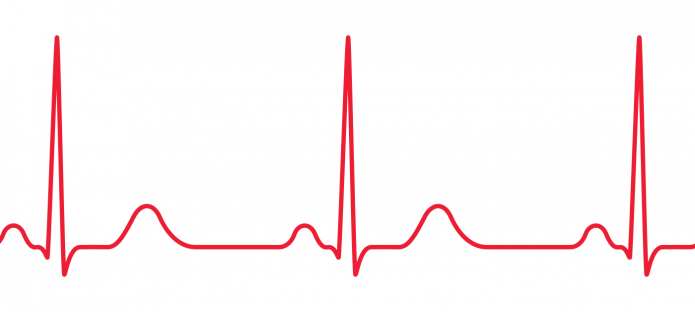Resuscitation Council UK welcomes the publication of the NIHR funded PARAMEDIC2 study, which conducted a randomised double-blind trial comparing adrenaline given intravenously or via intraosseous route with a saline placebo.
The outcomes of 8,014 patients were analysed with survival to 30 days as a primary outcome, and hospital discharge with favourable neurologic function as a secondary outcome [1] which were outcomes identified as most important by patient advisory groups involved in designing the trial.
Resuscitation Council UK has long recognised the need for a randomised, controlled trial of adrenaline versus placebo in out-of-hospital cardiac arrest to determine the effectiveness and long-term safety of adrenaline which was previously assumed but not known.
We value this trial and the rich data it has produced, as well as the questions it has raised. Resuscitation Council UK will reflect upon the study in detail with our patient and relative advisors, international colleagues in the International Liaison Committee on Resuscitation and the European Resuscitation Council as we expect it to impact future RCUK guidelines.
RCUK President Jonathan Wyllie said:
“This study demonstrates the pressing need to carry out resuscitation research to examine treatments based either old data or on long-held assumptions. It also highlights the need to balance and examine short- and longer-term outcomes. If I ever require resuscitation, I hope it is based on evidence such as this rather than merely the opinion of experts.”
RCUK CEO Federico Moscogiuri said:
“We welcome the results of this study and look forward to the impact it may have on our guidelines. New research is a crucial factor in ensuring our guidelines are reflective of advancement and development as we aim to train people and save lives.
“This study also reflects the importance of other lifesaving interventions to be taken in an out-of-hospital cardiac arrest, particularly the administration of early and effective bystander CPR and defibrillation.”
